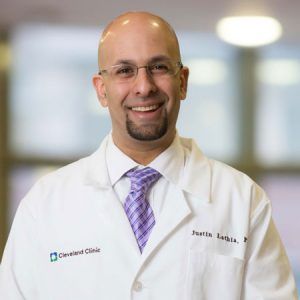
Justin D. Lathia, PhD sits down with the ABTA to look back at the past 10 ABTA Alumni Research Network (AARN) Annual Meetings, where he sees growth, new faces and new research ideas emerge.
Imagine entering your career for the first time – excited and hopeful, but also filled by questions: who to turn to for questions, how to connect with colleagues or how to be successful at your job. Combine that with the hurdles of starting your career as a brain tumor scientist – an underfunded and understudied area of cancer research. According to the National Institutes of Health (NIH), estimated funding for brain cancer research in 2022 will be approximately $404 million, just a tiny fraction of the $7.4 billion for cancer research.1
Bridging the Gaps in Brain Tumor Research
The ABTA sought to bridge some of the challenges that early-career scientists faced and brought together, for the first time, a cohort of ABTA funded researchers to a meeting that would impact hundreds in the years to come. It was nearly nine years to the day that the ABTA hosted the first ABTA Alumni Research Network (AARN) meeting in Chicago. Glancing at a photo of young scientists and physicians, Justin D. Lathia, PhD still recalls the energy of that first meeting.
“The original goal of the meeting was to galvanize these researchers and help them stay engaged in the brain tumor research field,” said Dr. Lathia, who served as one of the first co-chairs of the meeting in 2012, and has attended every meeting since then.
“Because brain tumor research funding is so limited, receiving an ABTA grant is often the stepping stone for early-career brain tumor researchers. ABTA grants support their efforts in early studies,” said Heather Calderone, Ph.D., Director of Research & Grants at the ABTA. “This, in turn, creates an opportunity for further research with larger grants for these scientists, and possibly leading to scientific breakthroughs for brain tumors.”
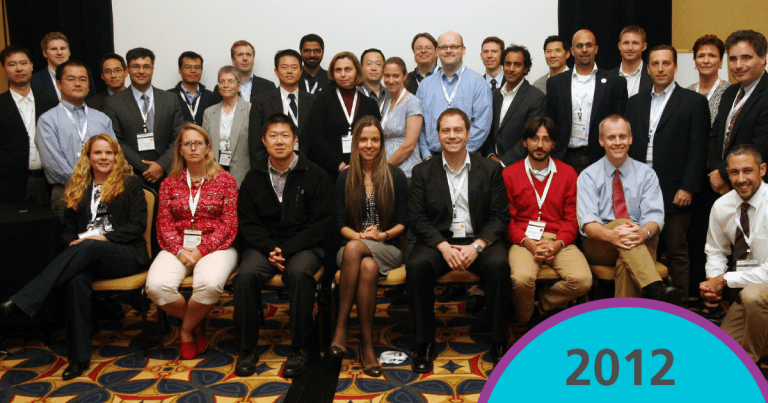
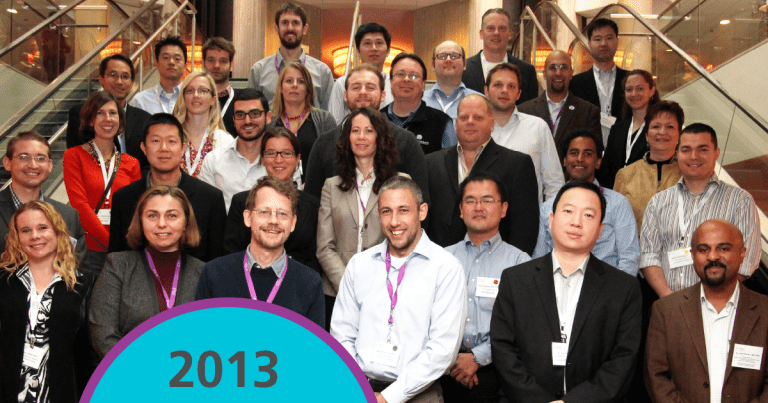

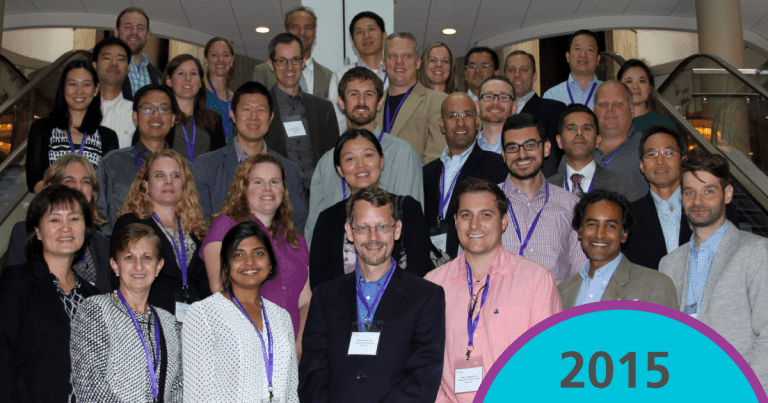
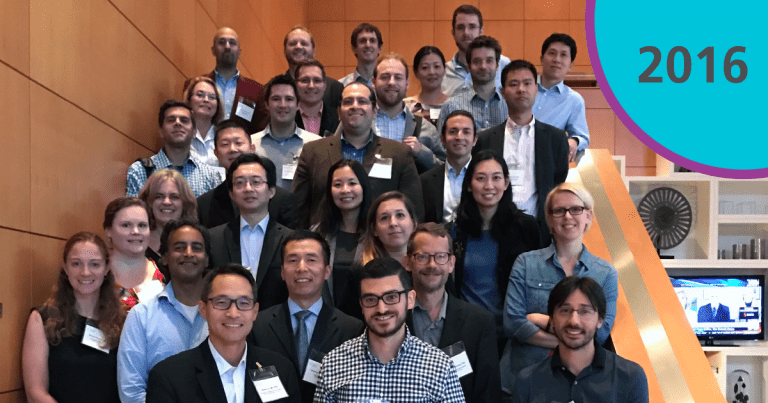
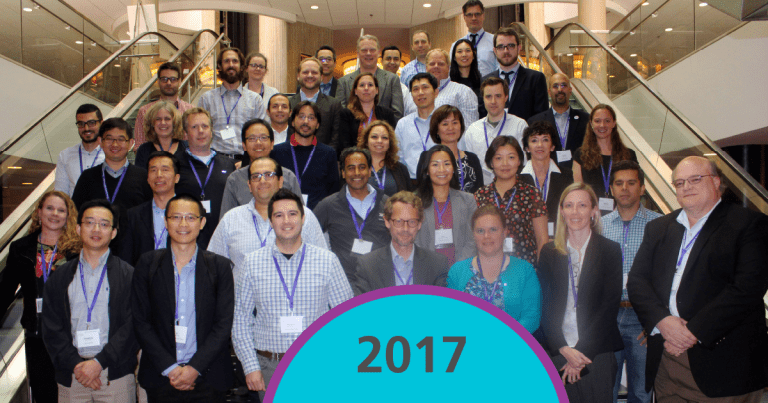
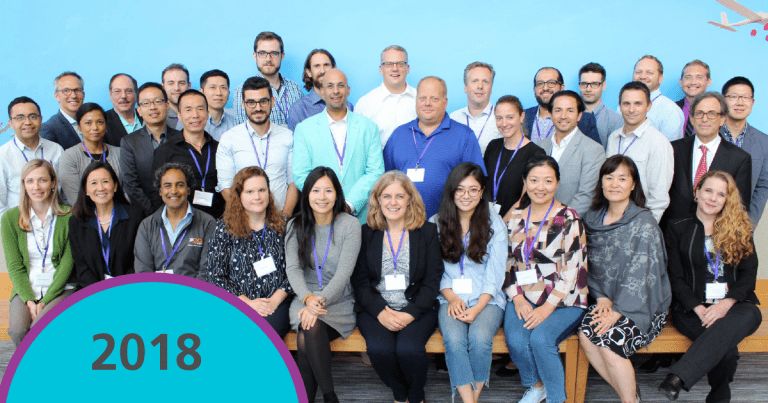
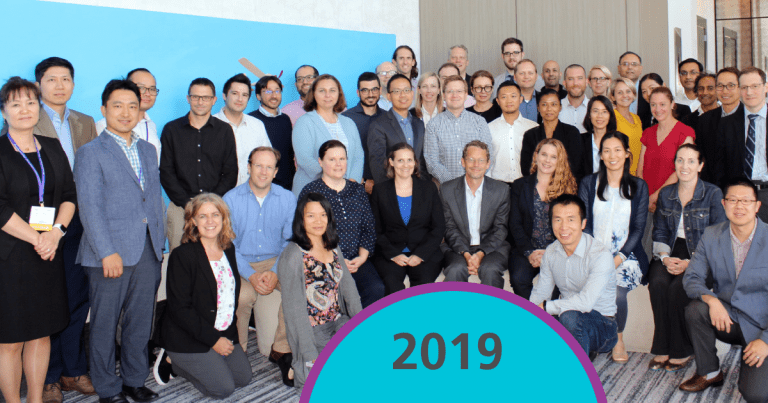
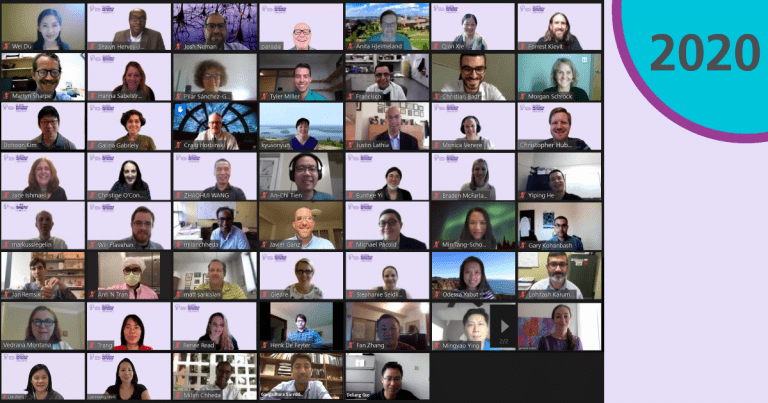
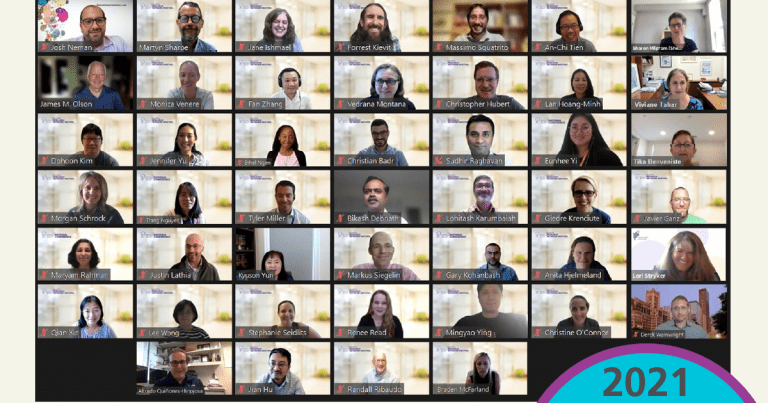
ABTA Alumni Research Network (AARN) Annual Meetings through the years, 2012-2021
Keeping Brain Tumor Researchers in the Field
Because of limited funding and resources combined with the rigorous, lengthy process of scientific research, staying in the research field could challenge early-career brain tumor scientists, who are often bringing new ideas and approaches.
“We knew that the ABTA was perfectly posed to gather these early-career brain tumor researchers together,” said Dr. Lathia. “The ABTA has already made an investment in us, the annual meeting is the glue that will keep them going and support the purpose of that funding.”
As Dr. Lathia looks back over the years, much has changed about the meetings, including the initial intent, the people who attend, as well as the mentorship that organically formed between more senior and early-career researchers.
“We always look forward to attending the AARN meetings, because they are small but create so many opportunities for those who join,” said Dr. Lathia.
He recalls how the AARN meeting brought him and a colleague together to brainstorm and draft a new collaborative research project.
“For me, the AARN meeting created an opportunity to physically sit down with a colleague and write the research project together. That project, ultimately, got funded,” said Dr. Lathia.
Dr. Lathia also shares how attendees of the AARN meeting have generated ideas for innovative research across scientific disciplines such as clinical neuro-oncology and basic research. He also notes that one of the most productive and surprising outcomes of the AARN meeting is mentorships that formed between senior level researchers and those newly in the field. Mentorships help early-career researchers with the stepping stones of their careers, such as letters of recommendation to offering practical career advice.
Progress Through AARN Annual Meetings
At the AARN annual meetings hundreds of brain tumor researchers funded by the ABTA gather to hear sessions by guest speakers presenting scientific breakthroughs and topics related to professional development, such as interpersonal communications skills or how to successfully apply for an NIH R01 grant, the gold standard for research funding. Presentation topics often reflect the needs of AARN members at various stages of their career.
“The meetings have evolved to now account for parallel tracks for those who want to attend certain sessions,” said Dr. Lathia. “I’m excited to see this evolution because it shows the diversity of those who attend: from their professional background in research, medicine, clinical care to their career stage.”
This year, 46 AARN members attended from across the United States and around the world, including two countries on September 8-10. Five presentations and two panel discussions focused primarily on professional development skills.
“The trajectory for these meetings is strong. I hope they continue to develop in the way they have, including a growing meeting attendance, and being well-orchestrated and balanced between science and professional development,” said Dr. Lathia. “I would be interested to see a discussion at the meeting about how AARN members can help inform funding and grant opportunities at the ABTA in the future.”
Watch: An Example of Early Research Investment
Listen in and learn how an ABTA grant impacted Dr. Morgan Schrock’s career in brain tumor research
Since 1976, the ABTA has awarded more than $33 million in research grants to scientists from the U.S. and around the world. The ABTA’s Research Program supports both established and new scientists in discovering more about the causes, effects, diagnosis and treatment of brain tumors. Read more about the ABTA Research program.
Learn more about our newest ABTA grant-funded researchers and current research opportunities.
****
1 National Institutes of Health RePORT (Research Portfolio Online Reporting Tools). “Estimates of Funding for Various Research, Condition, and Disease Categories (RCDC).” Accessed on 10.6.21 at https://report.nih.gov/funding/categorical-spending#/.


















